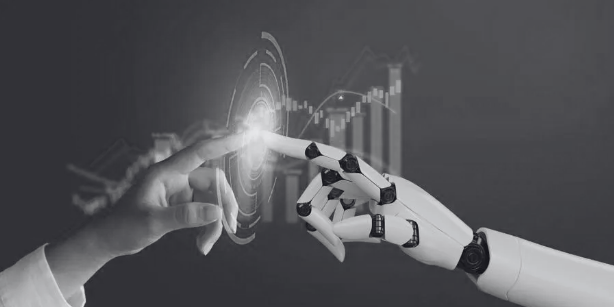| European Union (EU) landmark court decision regarding copyright for AI-generated works
In a recent landmark decision, the Municipal Court of Prague ruled that an image created by an AI tool cannot be protected by copyright because it lacks a natural person as its author. This judgment is among the first in Europe to address the copyright eligibility of AI-generated works.
The claimant used DALL-E, an AI system, to create an image from a simple prompt: “create a visual representation of two parties signing a business contract in a formal setting, such as a conference room or a law firm office in Prague. Show only the hands.” The claimant sent this image to the defendant, a Prague law firm, which then used the image on its website without authorization. The claimant sued for copyright infringement, seeking the removal of the image from the defendant’s website and claiming ownership of the copyright in the AI-generated image. The Decision:The Municipal Court of Prague dismissed the case on procedural grounds, concluding that the claimant did not provide sufficient evidence to prove that the image was indeed generated by the prompt. Key points from the court’s decision included:
Comparative View:· United States: The approach of the Municipal Court of Prague is comparable to the position taken so far by courts in the United States. The US Copyright Office (USCO) and the District Court of Columbia have taken a restrictive approach, ruling that AI-generated works are not eligible for copyright protection. Human authorship is a fundamental requirement. Two notable cases are:
· China: Contrarily, the Beijing Internet Court ruled in favor of protecting AI-generated works under copyright. The court held that the creative input involved in drafting and refining prompts, as well as setting AI parameters, could reflect the user’s personal judgment and aesthetic choices. This unique expression qualifies the human as the author, granting copyright protection to AI-generated images.
Conclusion:The Czech case involved a simple prompt, and further EU case law is needed to determine if this strict approach will be upheld in cases involving more detailed prompts and substantial human input in AI-assisted creations. However, even if a complex prompt could theoretically justify copyright for the output, AI users claiming copyrights over AI-generated work must provide evidence showing how their specific instructions directly led to the creation of the work. While the Czech case is currently one of the few court decisions in the EU directly addressing the copyright status of AI-generated works, the broader legal and policy discussions indicate a cautious approach. The focus remains on human creativity and the role of intellectual effort in qualifying for copyright protection. As AI technology and its applications continue to evolve, further legal cases and rulings are anticipated, which will contribute to clarifying and possibly redefining the framework for AI-generated works in the EU.
If you are interested in receiving further information on this topic, please do not hesitate to contact us. You can also find this legal update in the News section of our website: www.leroylaw.ro. |

